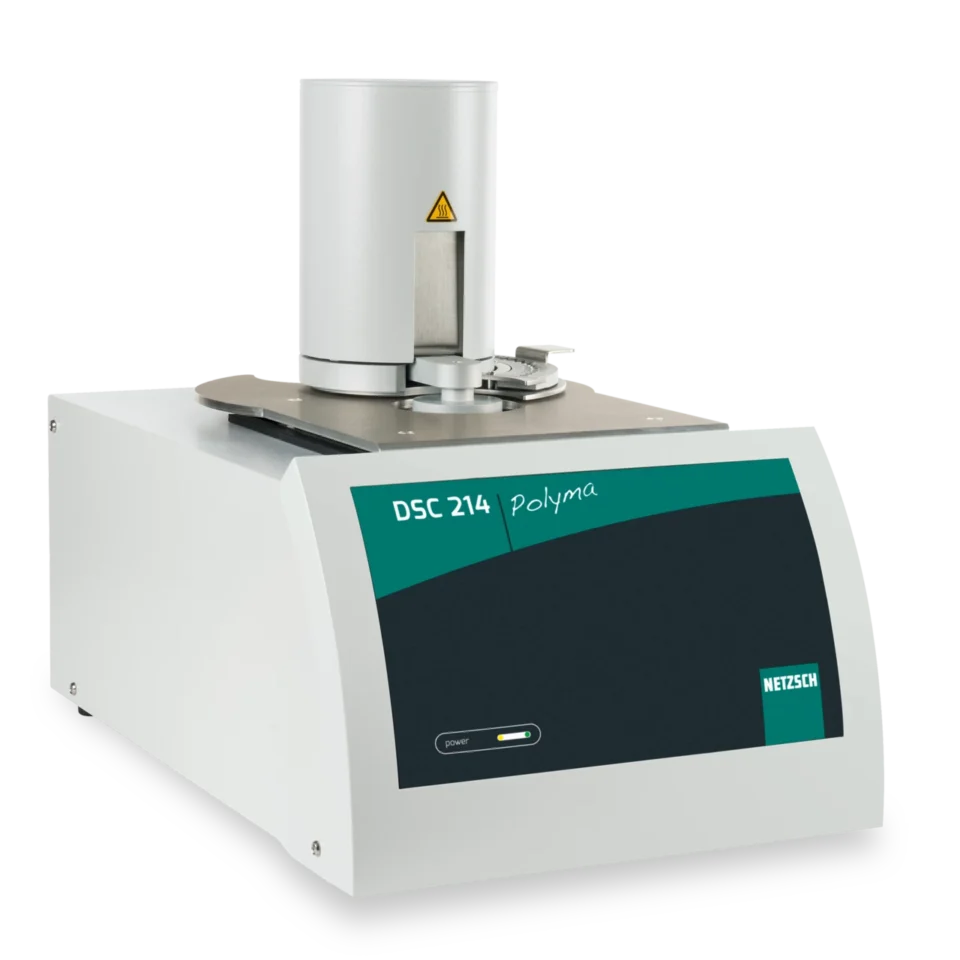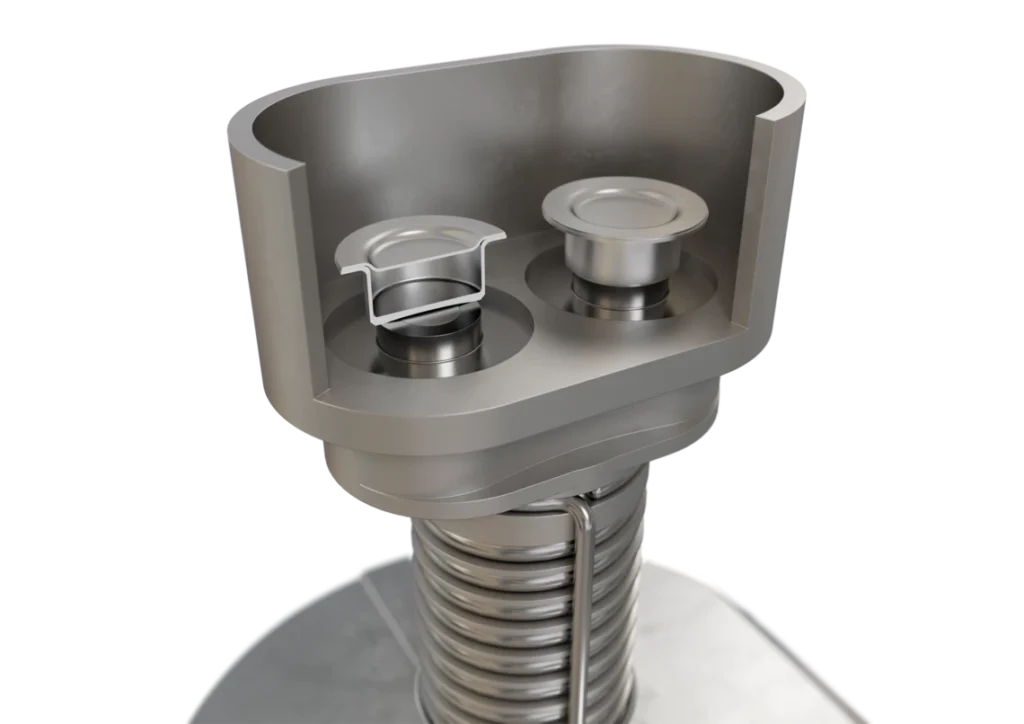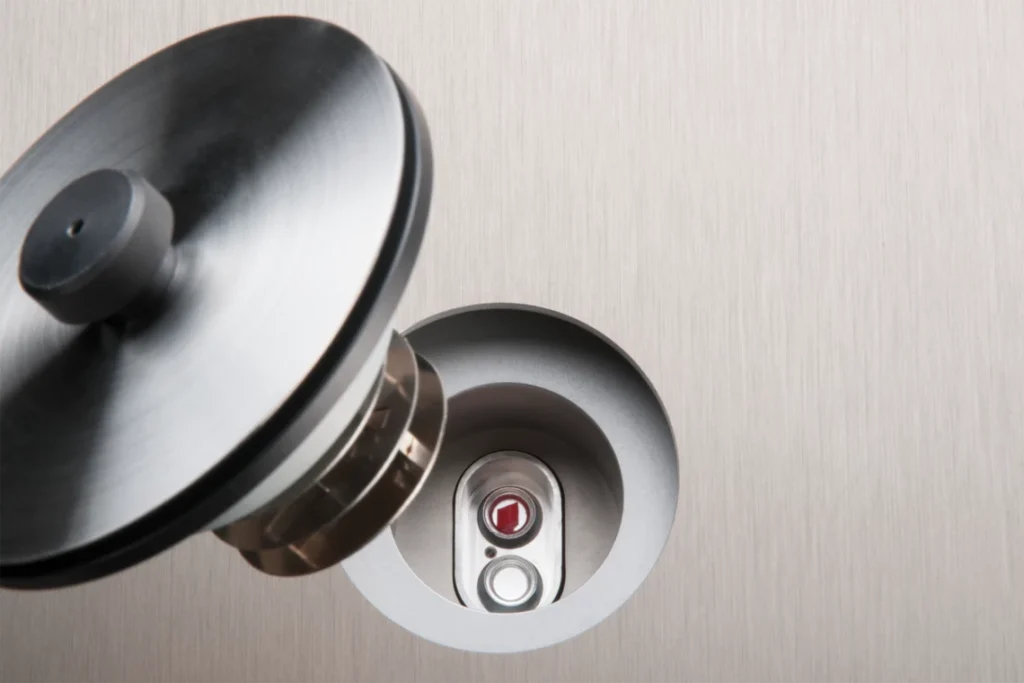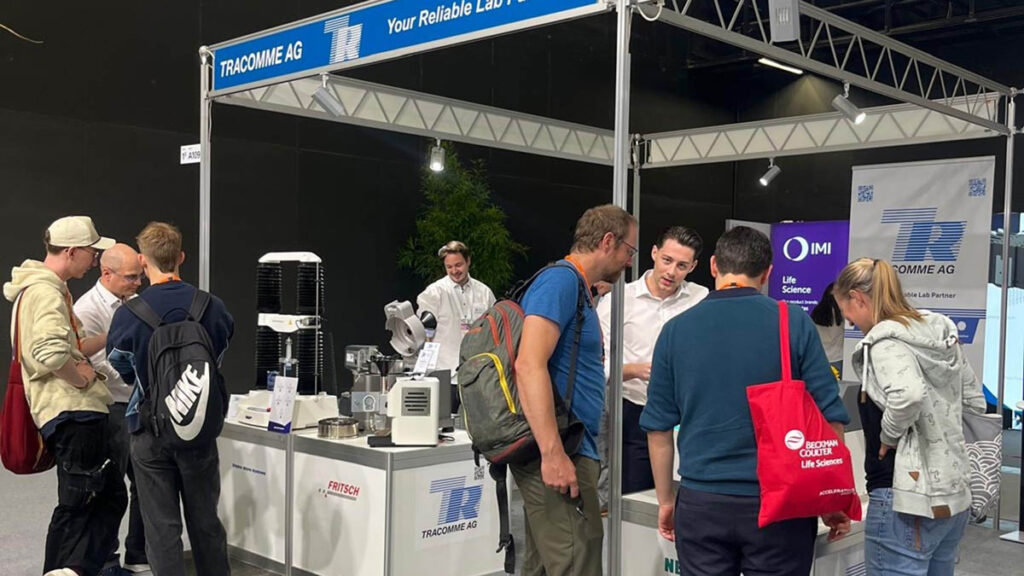
DSC 214 Polyma
The New All-Inclusive Product Package for DSC Measurements
Easy-to-use, robust, precise, optimized for everyday use – these are the features of the innovative DSC 214 Polyma. The unique design of this instrument encompasses everything needed for successful DSC investigations – regardless of whether the user is a beginner or an experienced professional. Above all, it is the two new software developments that are setting new standards: AutoEvaluation and Identify. These have the potential to revolutionize DSC analysis.
- New all-inclusive 360° product package for the characterization of polymers
- Easier sample preparation than ever before
- Automated measurement and evaluation

The First Classic Heat-Flux DSC for Fast Cooling
Integrated in the DSC 214 Polyma is an oval furnace with a very low thermal mass (Arena® furnace), which allows for heating and cooling rates of up to 500 K/min – values previously unachievable with heat-flux DSCs. Temperature profiles can now be realized which are far closer to real processing conditions.
Groundbreaking Sensor Technology

By combining a very low thermal mass furnace (Arena®) with a robust, sensitive sensor (ring-shaped sensor) and optimized crucibles (Concavus®), the DSC 214 Polyma achieves impressive performance data.
Along with fast heating and cooling rates – which also allow for Isothermal crystallization experiments – this is expressed particularly by the Indium Response Ratio, which is the achievable height-to-width-ratio of the melting peak of indium.
A high value for the Indium Response Ratio describes a peak that is not only tall (high sensitivity), but also narrow. This allows for the detection of weak effects and, at the same time, for the reliable separation of peaks occurring in close succession.
The DSC 214 Polyma features a high Indium Response Ratio of over 100 mW/K – a value which is not only far greater than average, but actually one of the highest ever published for a DSC instrument.
Technical Data
Temperature range:
-170°C to 600°C
Gas controller:
Switches for 3 gases included
MFC for 3 gases, option
Technical Resolution:
0.1 μW
Enthalpy precision:
±0.1% for indium and ±0.05% to ± 0.2% for most samples
Specific heat determination: optional
Temperature modulation: optional
Gas atmospheres:
Inert, oxidizing, static and dynamic operation
Cooling device options:
Compressed air cooling RT to 600°C
IC40 -40°C to 600°C
IC70 -70°C to 600°C
LN2 -170°C to 600°C
Indium Response Ratio:
> 100 mW/K
(Related to indium as standard material under measurement conditions typically used for polymer investigation)
Heating/Cooling rate:
0,001 K/min to 500 K/min
(Maximum rates depend upon the temperature)
Software
min. Proteus® 8
Proteus® software extensions included
SmartMode
ExpertMode
AutoCalibration
(Advanced) BeFlat®
AutoEvaluation
Identify
Proteus® software extensions (optional)
Temperature modulation
Specific heat capacity (cp)
Proteus® Protect
Purity Determination
Advanced Software extensions (optional)
Peak Separation
Kinetics Neo
Thermal Simulations



